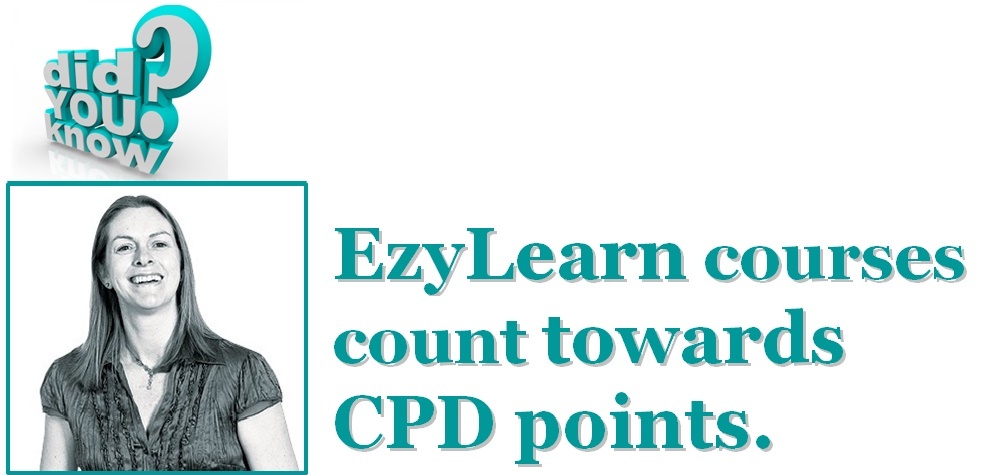
Many of the students who take our MYOB training course in order to start their own bookkeeping business wish to then become certified with the Institute of Certified Bookkeepers (ICB).
How to Get ICB Stamp of Approval
Since 2006 the ICB has had a set of requirements bookkeepers must meet before they are permitted the ICB stamp of approval. Among these requirements – which also include possessing a Certificate IV in Financial Services (Bookkeeping) and personal indemnity insurance – all bookkeepers seeking to become certified with the ICB must possess a minimum of two years’ working experience.
For many bookkeepers starting out, getting that two years experience is a tough hurdle, particularly since the vast majority of bookkeepers in Australia are, according to General Manager of the ICB, Rick van Dyk, “independent sole traders”. “That’s why the ICB holds networking events at 59 locations around the country,” Rick says. “Because the best way to get the experience you need to become an ICB certified bookkeeper is to network with other bookkeepers.”
The ICB also holds online webinars each month, but Rick recommends attending networking events in person, because it provides you with more opportunity to network and get to know other bookkeepers.
Good Ways to Gain New Business
While it may seem like a lot of hoops to jump through in order to obtain membership to an organisation that’s voluntary, being an ICB certified bookkeeper does set you apart from the many other bookkeepers; it’s also a way of gaining new business, as the ICB is often the first port-of-call for many businesses looking for a contract bookkeeper.
But Rick van Dyk says that if your really want to stand out as a contract bookkeeper, become a registered BAS agent. “If you’re a contracting bookkeeper, you can look after a client’s data entry and do their reconciliation, but you’re not allowed to print any of the reports and advise your client on figures and so forth, as that contravenes the Act,”
Rick explains. There are currently about 9000 registered BAS agents in Australia, so there’s plenty of opportunity for bookkeepers to enter into this field by becoming a registered BAS agent with the Tax Practitioners Board.
Rick also offers this last piece of advice to budding bookkeepers-to-be: “Learn to use Excel; Excel still plays a very important part of the bookkeeper’s role, so it’s important bookkeepers know how to use it – fluently.”
***
You can find more information about out MYOB course here or our Excel course here. Alternatively, if you’d like more information about becoming certified by the ICB, visit their website.


























